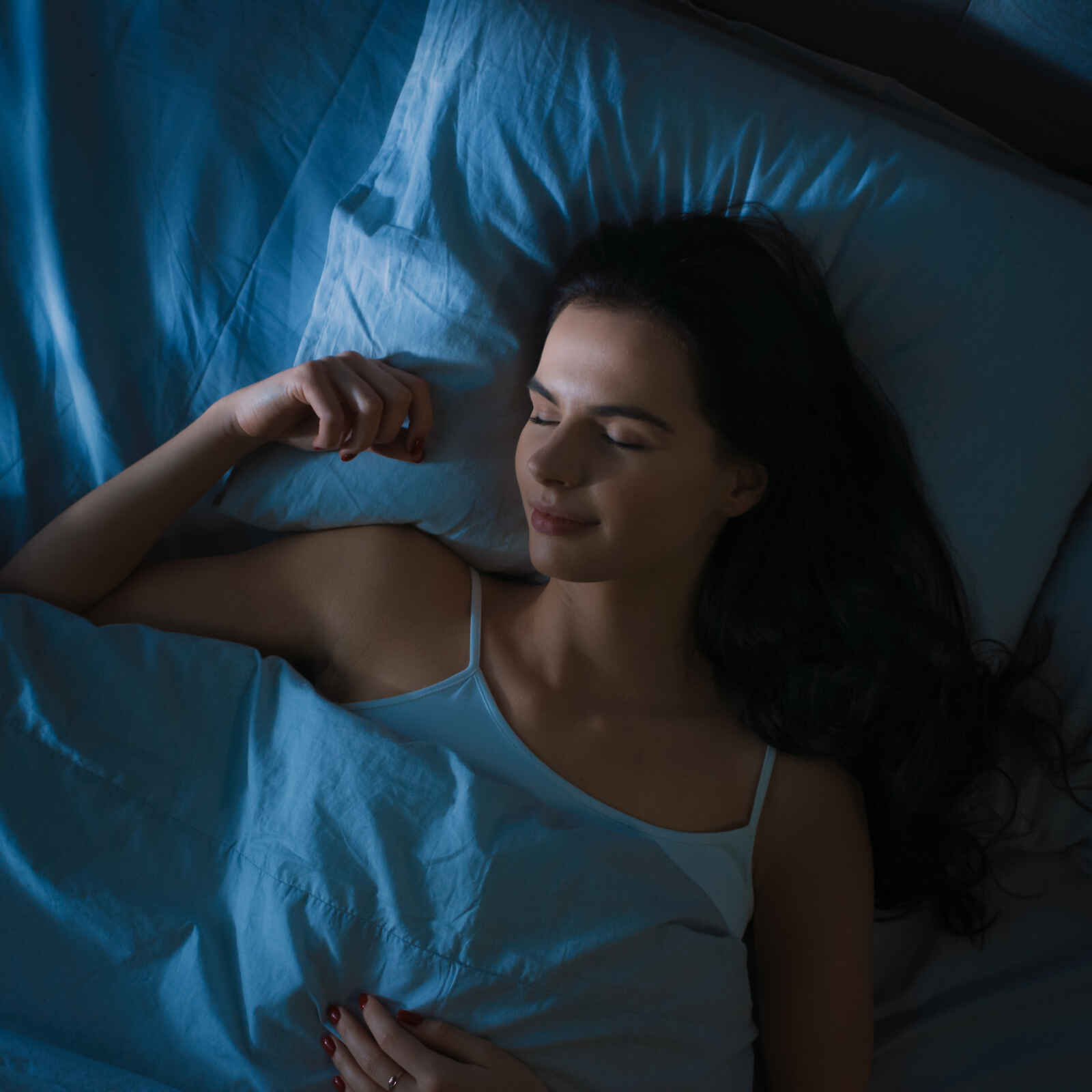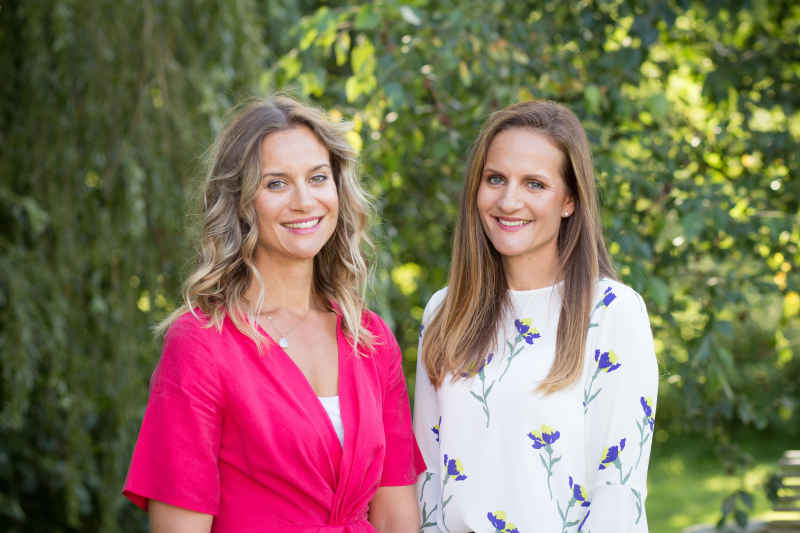24th November 2020
How are you sleeping during lockdown?

The Covid19 pandemic has had a wide-reaching impact, and sleep is an area that has taken a significant hit for many. A survey undertaken by Kings College London, during the first lockdown found that nearly two thirds of adults found their sleep to be worse than before the pandemic. An American medication database has reported that there has been a large increase in prescriptions for anti-insomnia medications, coinciding with the onset of the pandemic, rising by 14.8%. This is striking as prescriptions for sleeping medications had been steadily falling between 2015-2019.
Why has the pandemic affected our sleep?
Stress
Rising stress levels often cause us to lose sleep - it is one of our early warning signs. Being worried or fearful causes a natural increase in our stress hormones and we have evolved to stay awake when there is a perceived threat (in order to guard our caves from any passing predators.) The pandemic has brought about plenty of threats – to our health, our finances, our loved ones, and our planet and it is not easy to sleep through all of these. Insomnia is the term we use to describe poor sleep that persists and has a negative impact on day to day life. Insomnia and anxiety are closely linked and we know that even one night of poor sleep leads to increased anxiety the following day – and this can become a vicious cycle. The term “Covidsomnia” has been used by some to describe the worsening of sleep in association with the pandemic.
Screens
During lockdown it can seem as if we are almost always looking at some kind of screen. Screen use has exploded since lockdown as it has replaced almost all forms of professional and social contact. The boundaries between work and home are blurred. The stimulating effect of screens, whether it be work, social media or gaming, have a negative impact on sleep if used too much or too close to bedtime.
Routine
Many of us have experienced a change in routine with lockdown, and reduced commuting can mean a later start time for many. For some this had led to an easing up of the morning routine, perhaps a later alarm time with longer spent in bed in the morning. Although for some this change has been positive, and a chance to catch up on lost sleep, for others this has made it harder to fall asleep or to stay asleep during the night. We all have an internal body clock (our circadian rhythm), and this can struggle to keep up with significant adjustments to our usual routines. It is also driven by light exposure (particularly daylight) which many adults are now experiencing much later in the day or not at all.
One of the factors that brings about sleep at night is known as our “sleep drive.” This drive starts to build up as soon as we wake, strengthening as the day goes on, and (hopefully) leading us to fall asleep at bedtime. If we wake up later in the morning, we have less time for the sleep drive to build up, and it will not be as powerful. Sleep drive is also affected by our activity and stimulation in the day. During lockdown adults are leaving home less, are less active, and have less stimulating social interactions – all of which can reduce the power of sleep drive in helping us to fall asleep at night.
Illness
Many illnesses can impact on sleep, and if you have been unwell, had surgery or an infection such as Covid-19, it is likely that your sleep will have been affected in one way or another. We know that after any hospital admission it can take time for sleep to recover back to normal and breathing problems and pain can also disrupt our sleep.
What can we do?
There are plenty of things we can do to counteract the negative impact of Lockdown on sleep.
Be active
Try to increase your exercise during lockdown; it will help build your sleep drive during the day and help to manage stress. Ideally, avoid exercise in the lead up to bedtime, as higher body temperature can actually make sleep harder to come by.
Stick to a routine
Keep as much structure to your day as possible – sleep loves routine. If you are waking up later, you may need to set a later bedtime to adjust for the extra sleep in the morning. Our brains are seeking natural cues for when to prepare for sleep, so it is useful to build in some pre-bedtime activities that you repeat each night to signal sleep, such as a shower or bath (helpful in lowering core body temperature), reading a book, listening to music in a dimly lit room. All of these can help transition the body and mind into a more restful state.
Get outside
Natural light exposure is the best way to suppress our Melatonin (a sleep hormone) during the day, which can help us feel more alert in the daytime (and more likely to sleep at night). Where possible try to avoid using your bedroom to work in during the day, as this can confuse our sleep-wake cycle, and weaken the link between our bed and sleep.
Get help
If your sleep or your mental health are causing problems for you; seek help. There are safe and effective treatments available for insomnia. Cognitive Behavioural Therapy for Insomnia (CBT-I) helps people to understand the underlying cause for their insomnia and retrain themselves to sleep well again.
We know that good sleep is vital for our physical and mental wellbeing. It is important to make sleep a priority, and if you would like to discuss your sleep with our experienced Insomnia clinicians please get in touch with us hello@goodsleep.clinic
